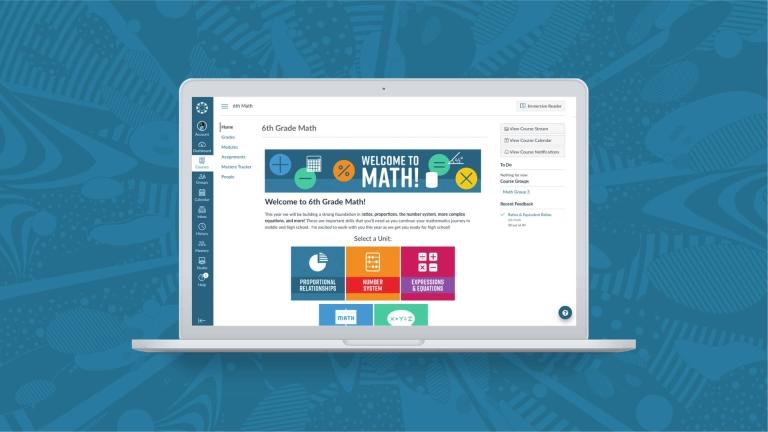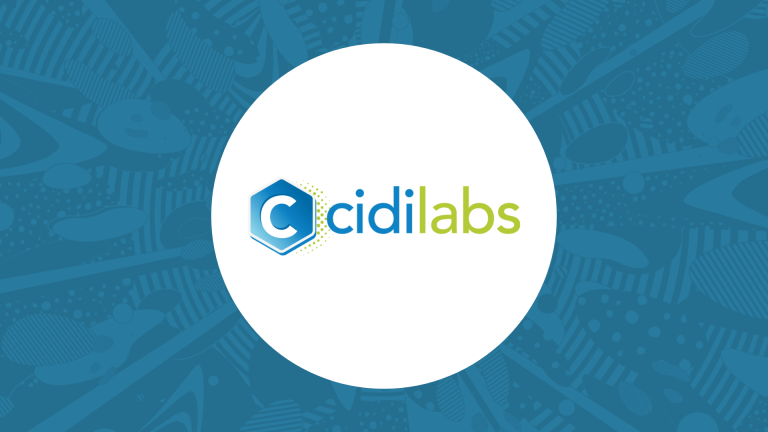Educause 2021: Let’s Talk about What’s Next for HigherEd
We are excited to see you at Educause this year! Now more than ever, educators and administrators like you are eager for insights on what’s next for higher education. And where that conversation is happening, Instructure will be there.
Leading up to our Educause presence, we released our global study, The State of Student Success & Engagement in Higher Education. Feedback from over 7,600 students, faculty, and administrators help reframe student success and engagement in higher education’s new normal.
Insightful data from our study align well with this year’s Educause themes of transformation, resilience, and the common good.
EVOLVING DEFINITION OF SUCCESS
Our survey shows career readiness continues to be the benchmark of student success. From 2020 to 2021, the percentage of respondents who listed career readiness as a primary indicator of student success rose by 6%.
But the definition of success is evolving — 80% of students, faculty, and administrators said holistic development is a top factor in student success (up 5% from 2020’s survey).
TRANSFORMATION
The pandemic fundamentally transformed the higher education experience. Of course, hybrid and remote learning required robust technology, but quality faculty and engaging content mattered more. Students and faculty ranked those factors much higher this year than last.
Tech-savvy pedagogy rose to the forefront in the pandemic. In a year of seismic shifts, the fundamentals of good teaching — remote or not — remain essential. Finding ways to utilize technology to emulate, replace, or enhance personal interactions is critical to institutional, student, and faculty success.
RESILIENCE
In the past year, educators and students across the globe have continuously exhibited resilience and commitment to teaching and learning in uncharted territory. Institutions pressed forward, accepting the possibilities stemming from forced digital transformation and increasing empathetic understanding.
This empathy must continue to retain students. Indeed, 91% of survey respondents said psychological well-being is an important factor in student success (a 3% increase from our 2020 survey).
While students still primarily define “success” as academic achievement, faculty and administrators are looking for ways to support the whole student. As engagement suffers due to the COVID-19 pandemic, psychological well-being and access to mental health resources can help students retain their resilience post-pandemic.
COMMON GOOD
Socioeconomic factors clearly impact student success, specifically regarding access to technology, learning resources, and technological devices. That disparity widened with remote learning: only 6% of students from self-identified lower economic classes said it was very easy to stay engaged in remote learning. This statement is consistent with our 2020 data collection.
The democratization of education begins with equitable access. But access to technology means more than just providing devices and connectivity to students. It also involves making sure every student has the opportunity to learn from a teacher who understands how to use technology.
With a deeper understanding of student barriers to success, including access to the internet, technology resources, and mental health concerns, institutions will increase their impact.
THE NEW NORMAL
Higher education will never be the same. How can institutions use this ongoing transformative shift as an opportunity to better serve students?
Our research shows the definition of success is evolving toward a more holistic focus on the student. Insights from our global survey offer insight into what it will take to attract and retain students in this new normal.
This data can no doubt inform conversations at Educause on navigating a post-pandemic world.
WHERE YOU CAN FIND US AT EDUCAUSE
Come see us at booth 227 to learn about the Instructure Learning Platform. And don’t miss our insightful session with Instructure Chief Customer Experience Officer, Melissa Loble.
Session Title: Empower Innovation with Digital Learner Ethics
Time: Friday, Oct. 29 9:45 - 10:30 a.m. (ET)
Format: In-Person in Philadelphia
In the meantime, download our State of Student Success & Engagement in Higher Education research report. We’ll see you at booth 227 in Philadelphia!
Related Content
 Teaching-With-Tech-10-Benefits.jpg
Teaching-With-Tech-10-Benefits.jpgBlogs
 cidilabs.png
cidilabs.pngBlogs
 canvas_x_tg_logo_lockup_780_x_520.png
canvas_x_tg_logo_lockup_780_x_520.pngBlogs
